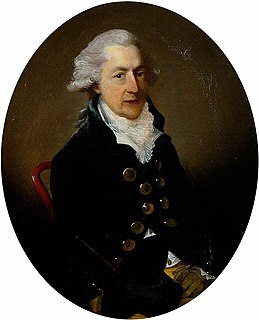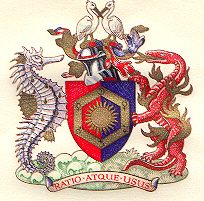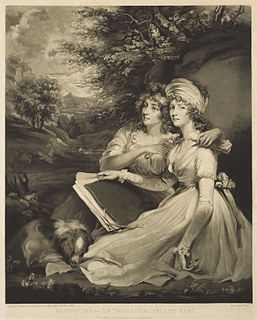This is a list of Fellows of the Royal Society elected in 1707. [1]

The President, Council and Fellows of the Royal Society of London for Improving Natural Knowledge, commonly known as the Royal Society, is a learned society. Founded on 28 November 1660, it was granted a royal charter by King Charles II as "The Royal Society". It is the oldest national scientific institution in the world. The society is the United Kingdom's and Commonwealth of Nations' Academy of Sciences and fulfils a number of roles: promoting science and its benefits, recognising excellence in science, supporting outstanding science, providing scientific advice for policy, fostering international and global co-operation, education and public engagement.







